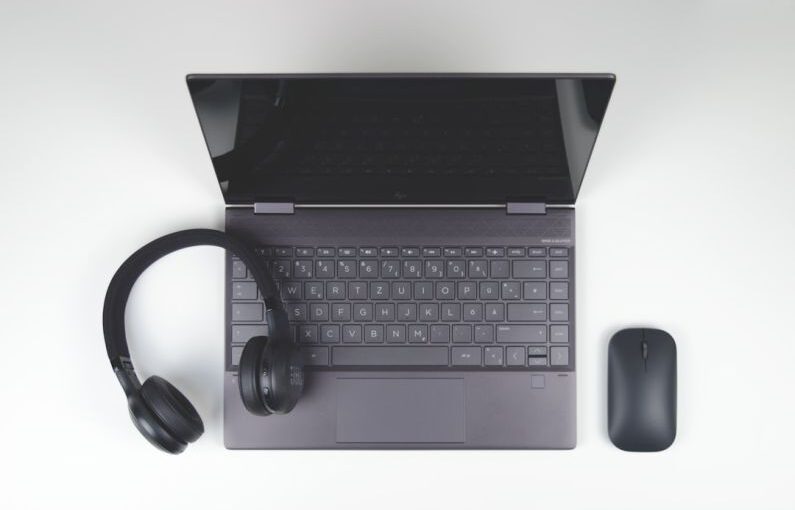In the ever-evolving world of technology, the debate between budget ultrabooks and traditional laptops continues to be a prevalent topic among consumers. As technology advances, laptops are becoming more compact, lightweight, and powerful, blurring the lines between ultrabooks and traditional laptops. But how do these budget-friendly ultrabooks stack up against their more traditional counterparts? Let’s delve into the key aspects to consider when choosing between a budget ultrabook and a traditional laptop.
Design and Portability
When it comes to design and portability, ultrabooks take the lead with their sleek and lightweight build. These slim devices are designed for users on the go who value portability without compromising performance. Traditional laptops, on the other hand, tend to be bulkier and heavier due to additional features such as built-in optical drives and larger screens. If portability is a top priority for you, a budget ultrabook may be the ideal choice.
Performance and Processing Power
One of the main considerations when choosing between a budget ultrabook and a traditional laptop is performance. Ultrabooks are equipped with energy-efficient processors that provide sufficient power for everyday tasks such as web browsing, word processing, and multimedia consumption. However, traditional laptops often boast more robust processors, dedicated graphics cards, and higher RAM capacity, making them better suited for demanding tasks like video editing and gaming. If you require a device for heavy-duty tasks, a traditional laptop may be the better option for you.
Display and Graphics
When it comes to display quality and graphics performance, traditional laptops tend to offer a wider range of options compared to budget ultrabooks. Traditional laptops often come with larger screens, higher resolutions, and better color accuracy, making them ideal for users who prioritize visual clarity. On the other hand, budget ultrabooks typically feature smaller screens with lower resolutions and integrated graphics, which may suffice for everyday use but may not be ideal for graphic-intensive work or entertainment.
Battery Life
Battery life is a crucial factor to consider, especially for users who are constantly on the move. Ultrabooks are designed to be energy-efficient, offering longer battery life compared to traditional laptops. This makes ultrabooks a popular choice for users who require a device that can last a full day on a single charge. Traditional laptops, while they have made strides in improving battery life, still tend to fall short in this aspect compared to ultrabooks. If you prioritize battery life, a budget ultrabook may be the way to go.
Storage and Connectivity
When it comes to storage capacity and connectivity options, traditional laptops typically have the upper hand. Traditional laptops often come with larger storage capacities, multiple USB ports, HDMI ports, and SD card readers, providing users with more flexibility in terms of storage and connectivity. Budget ultrabooks, on the other hand, may sacrifice some of these features to maintain their slim and lightweight design. If you require ample storage space or need a variety of connectivity options, a traditional laptop may be more suitable for your needs.
The Verdict: Choosing the Right Device for You
Ultimately, the choice between a budget ultrabook and a traditional laptop comes down to your specific needs and preferences. If you prioritize portability, battery life, and a sleek design for everyday tasks, a budget ultrabook may be the perfect fit for you. On the other hand, if you require more processing power, graphics performance, and storage capacity for demanding tasks, a traditional laptop may be the better choice.
In conclusion, both budget ultrabooks and traditional laptops have their own set of advantages and limitations. By considering your priorities in terms of design, performance, display, battery life, storage, and connectivity, you can make an informed decision that aligns with your usage requirements. Whether you opt for a budget ultrabook or a traditional laptop, rest assured that both devices offer a range of features to cater to your computing needs.





